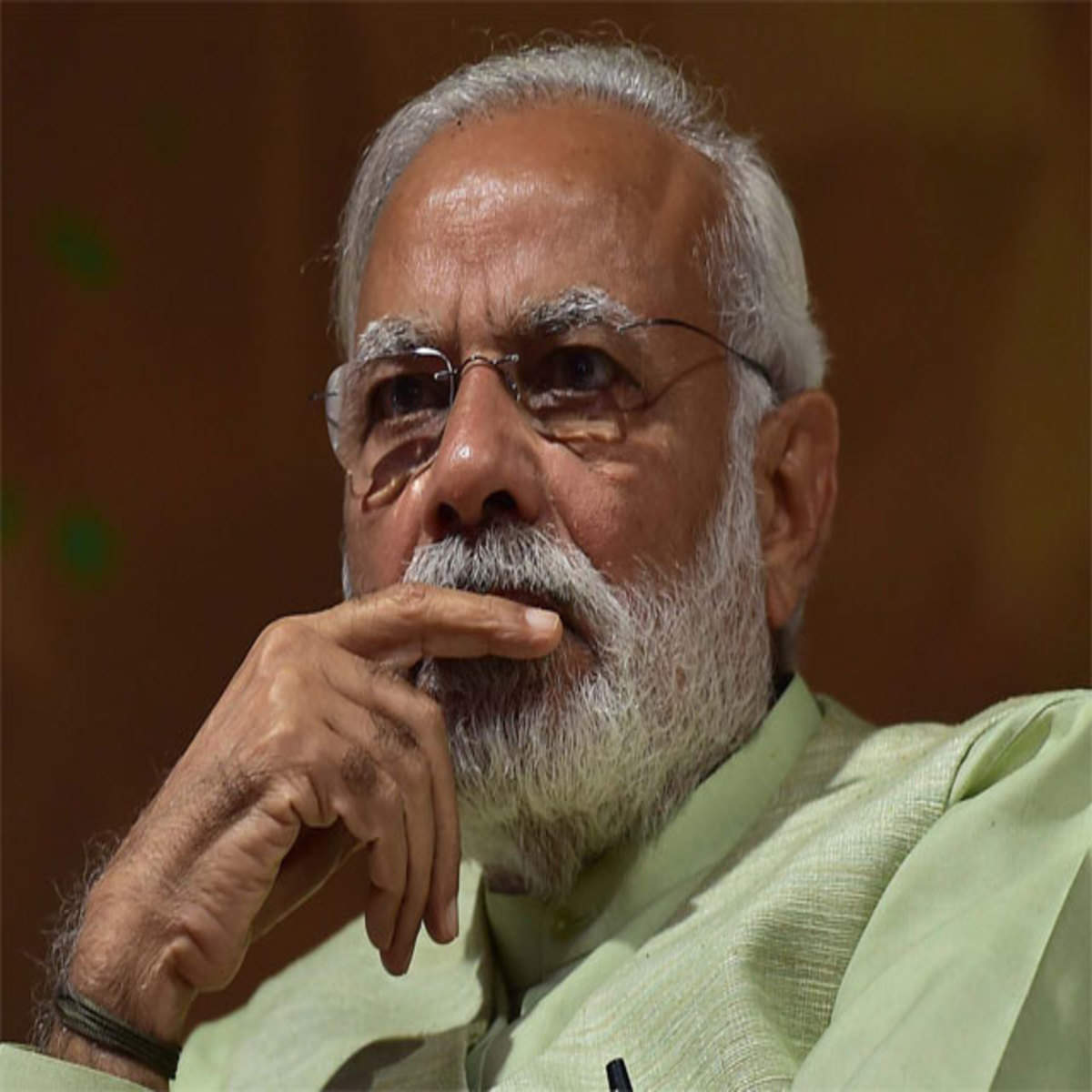Modi Government’s Seriousness on Taking Back PoK: A Reality Check
The issue of Pakistan-occupied Kashmir (PoK) has been a long-standing concern for India, and under Prime Minister Narendra Modi’s leadership, the government has taken a more assertive stance on the matter. With strong nationalistic policies, military modernization, and diplomatic efforts, the Modi administration has repeatedly signaled its intent to reclaim PoK as an integral part of India. But how serious is the government about this goal, and what are the real possibilities?
1. Strong Political Messaging
The Modi government has consistently reaffirmed India’s stance on PoK:
- Union Ministers and BJP Leaders have openly stated that PoK is part of India, and efforts will be made to integrate it back.
- Defense Minister Rajnath Singh (2022) stated that the only remaining issue with Pakistan is the reclaiming of PoK.
- Home Minister Amit Shah has repeatedly highlighted PoK as a constitutional part of India, citing the revocation of Article 370 as a step toward reclaiming lost territories.
2. Article 370 and Its Impact on PoK Claims
The revocation of Article 370 in August 2019 was a bold move that restructured Jammu and Kashmir, bringing it under direct central governance. This strengthened India’s position on PoK because:
- It sent a strong message that India will not compromise on territorial integrity.
- It changed global perceptions, making India’s claim on PoK more assertive on international platforms.
3. Military Preparedness and Strategic Developments
While India has not taken any direct military action to reclaim PoK, significant developments suggest a preparedness for future action:
- Frequent Army Statements: Indian Army Chief has stated that the army is ready to take PoK if the government orders it.
- Infrastructure Development: India has ramped up road and tunnel construction in border areas to improve military mobilization.
- Increased Military Budget: A significant rise in defense spending indicates India’s focus on military modernization and preparedness.
4. Diplomatic Efforts and Global Support
India has been actively working on gathering international backing on the PoK issue:
- Exposing Pakistan’s Human Rights Violations in PoK: India has raised concerns over Pakistan’s illegal occupation, suppression of local voices, and demographic changes in PoK.
- Closer Ties with the U.S. and Other Allies: Stronger ties with Western nations, the Middle East, and ASEAN countries have bolstered India’s global position.
- Opposition to China-Pakistan Economic Corridor (CPEC): India has strongly opposed China’s investments in PoK, citing it as an illegal occupation.
5. The Real Challenges in Reclaiming PoK
Despite strong rhetoric, several challenges remain:
- China’s Involvement: Any attempt to take PoK militarily could lead to a two-front war with China and Pakistan.
- International Reactions: Direct military action could trigger diplomatic backlash, though India has successfully shifted global narratives in its favor.
- Internal Stability in Jammu & Kashmir: While Article 370’s abrogation has improved control, complete integration remains a work in progress.
6. Future Possibilities: How Can India Take Back PoK?
The Modi government’s strategy appears to be a long-term approach rather than immediate military action. Possible scenarios include:
- Internal Uprising in PoK: Encouraging local resistance movements in PoK against Pakistan’s oppressive rule.
- Diplomatic Isolation of Pakistan: Increasing pressure on Pakistan globally to weaken its control over PoK.
- Economic and Military Superiority: Strengthening India’s economic and military power to deter Pakistan from holding onto PoK.
- Limited Military Action: If Pakistan weakens internally, India might consider a swift military operation to reclaim strategic areas.
Conclusion: A Step-by-Step Approach Toward PoK
The Modi government’s seriousness on reclaiming PoK is evident in its political messaging, military preparedness, and diplomatic efforts. However, a direct military conflict remains a complex decision due to international and regional factors. Instead, India is likely pursuing a gradual approach—strengthening its global influence, exposing Pakistan’s weaknesses, and waiting for the right opportunity.
While the dream of PoK’s integration into India remains strong, its realization depends on a combination of geopolitical shifts, internal stability in Pakistan, and India’s strategic execution in the coming years.

